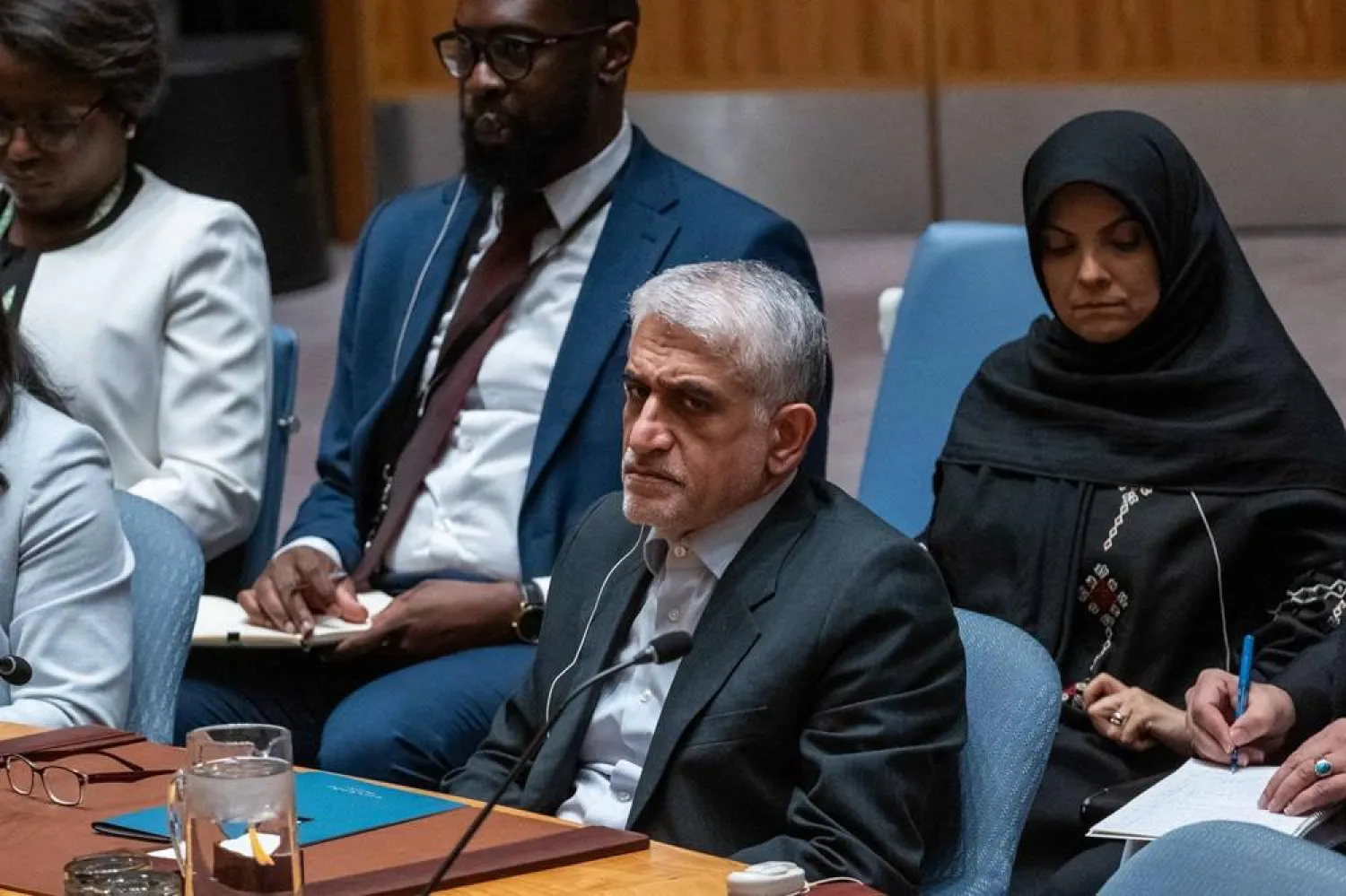Iran on Monday warned the United States that it is “complicit” in Israel’s attacks against the country by providing technical expertise and advanced military equipment “and will bear its consequences.”
Iran’s UN Ambassador Amir Saeid Iravani delivered the warning at an emergency meeting of the UN Security Council called by his government following Israeli airstrikes against the country early Saturday.
While Iran has consistently “championed diplomacy” to address regional challenges and foster peace, Iravani said, it reserves the right “to respond at a time of its choosing to this act of aggression” by Israel.
Israel’s UN Ambassador Danny Danon, speaking immediately afterward, called Iran “the puppet master” behind Hamas in Gaza and Hezbollah in Lebanon and pointed to its Oct. 1 launch of at least 180 missiles into Israel.
“We promised that their actions would not go unanswered,” he said. “Iran’s leaders chose to assault Israel, to destabilize the region and unleash chaos. They promised us destruction. We have answered with strength” but also with “restraint.”
But Danon warned that any further Iranian military action “will be met with consequences that are swift and decisive.”
Danon urged Iran to stop its “reckless pursuit of dominance through violence and terror,” saying Israel will not hesitate to protect its people and sovereignty.









